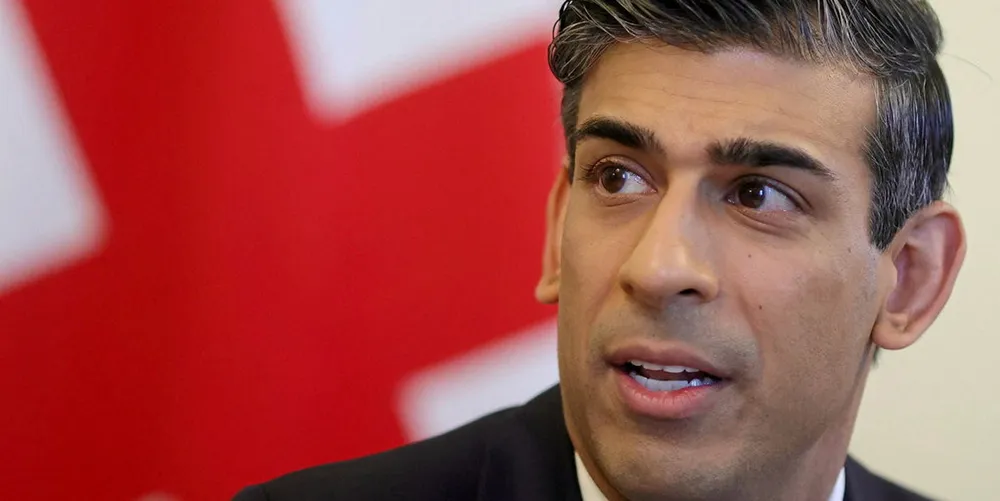'Reckless' UK leader Sunak faces uproar as green goals rolled back
The UK Prime Minister is looking to revive his chances ahead of an upcoming election as he trails badly in polling

The UK Prime Minister is looking to revive his chances ahead of an upcoming election as he trails badly in polling
